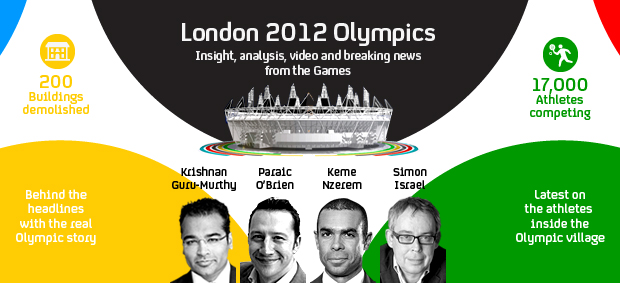Olympic archive: tragedy in Munich (1972)
The deaths of 11 members of the Israeli Olympic team at the hands of Palestinian terrorists during the 1972 Munich Games have overshadowed the security arrangements of every Olympics since.
Political rather than sporting events were played out live to watching milliions across the world on 5 and 6 September, as police and special forces surrounded the apartment block where the Israelis were being held, writes Ian Searcey.
As negotiations with the Black September activists continued, the press was kept keep well away from the scene, reduced to filming events from vantage points around the Olympic village.
German police were under no illusions as to the ruthlessness of the terrorists, who had already killed two Israelis during their initial assault on the accommodation block. The Israeli government refused to negotiate a prisoner release in return for the lives of their sportsmen, and asked the German authorities do all they could to protect their citizens.
Once the Palestinians had demanded a plane to fly them to Cairo, the police planned an ambush at the Fürstenfeldbruck Nato base. But it ended in tragedy: five of the eight terrorists, a German policeman and all of the nine remaining hostages were killed in a firefight on the tarmac.
Although the games went on, the Israeli team was withdrawm, as were the Egyptians, who feared reprisals because Cairo had been the killers’ planned destination. Many other athletes felt the incident had destroyed their Olympic dreams, and left Munich without participating in the games.
Veteran ITN correspondent Gerald Seymour sent this summary back to London on 7 September as the West Germans sought to defend their handling of the crisis in the face of serious criticism.
In October, the three surviving terrorists, who were awaiting trial in Germany, were released as part of the negotiations following the hijacking of a Lufthansa airliner.
